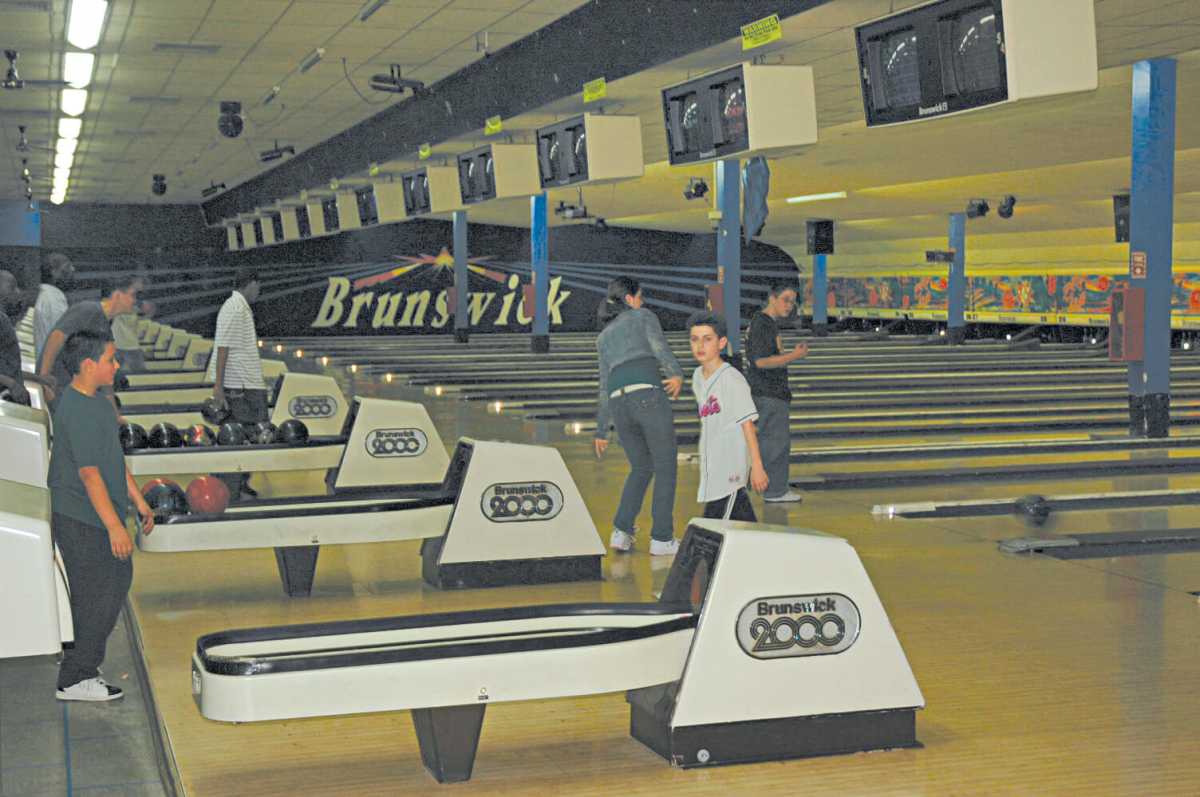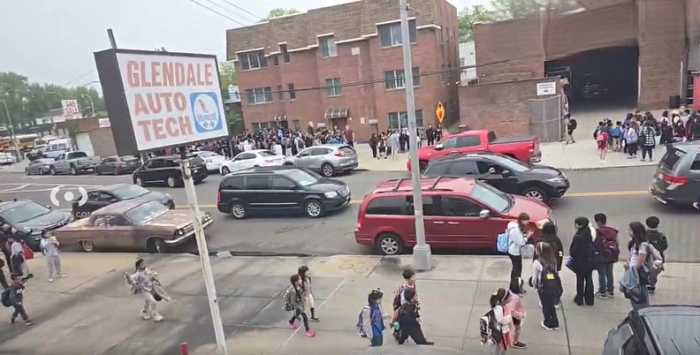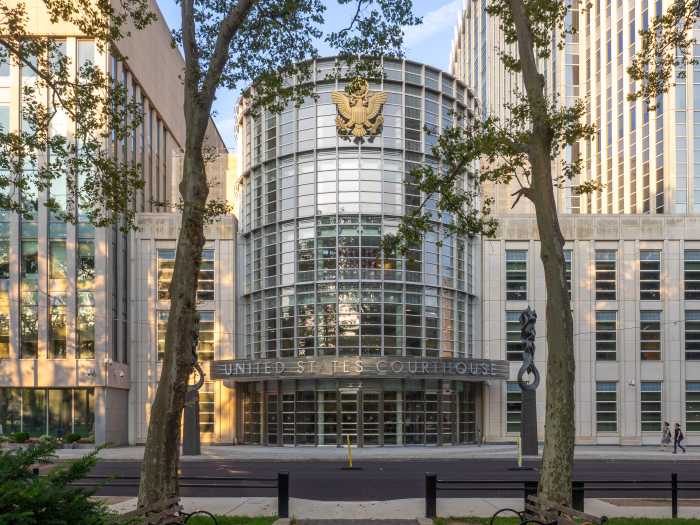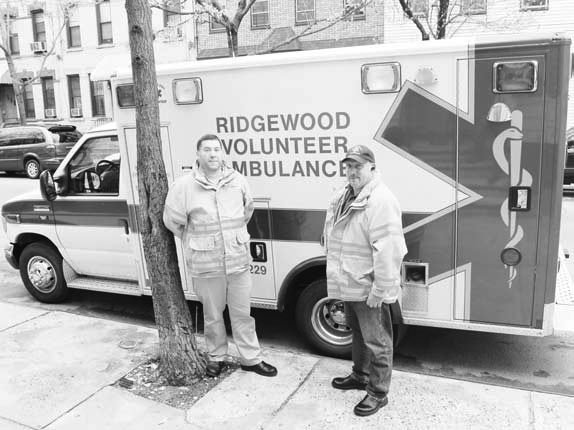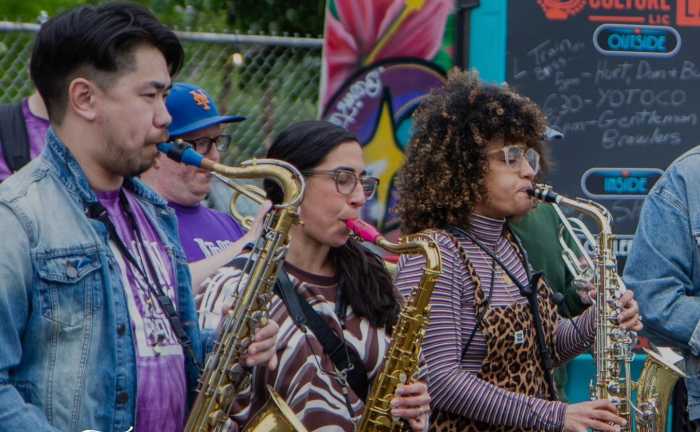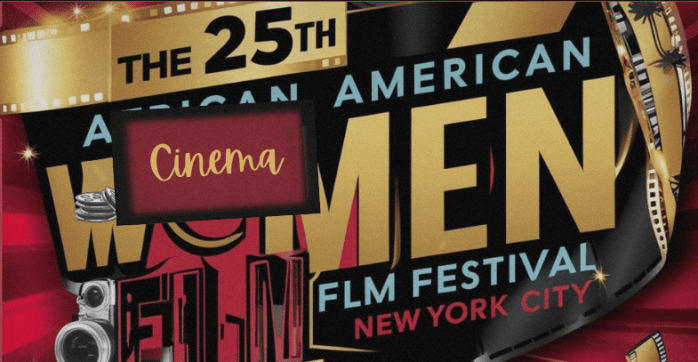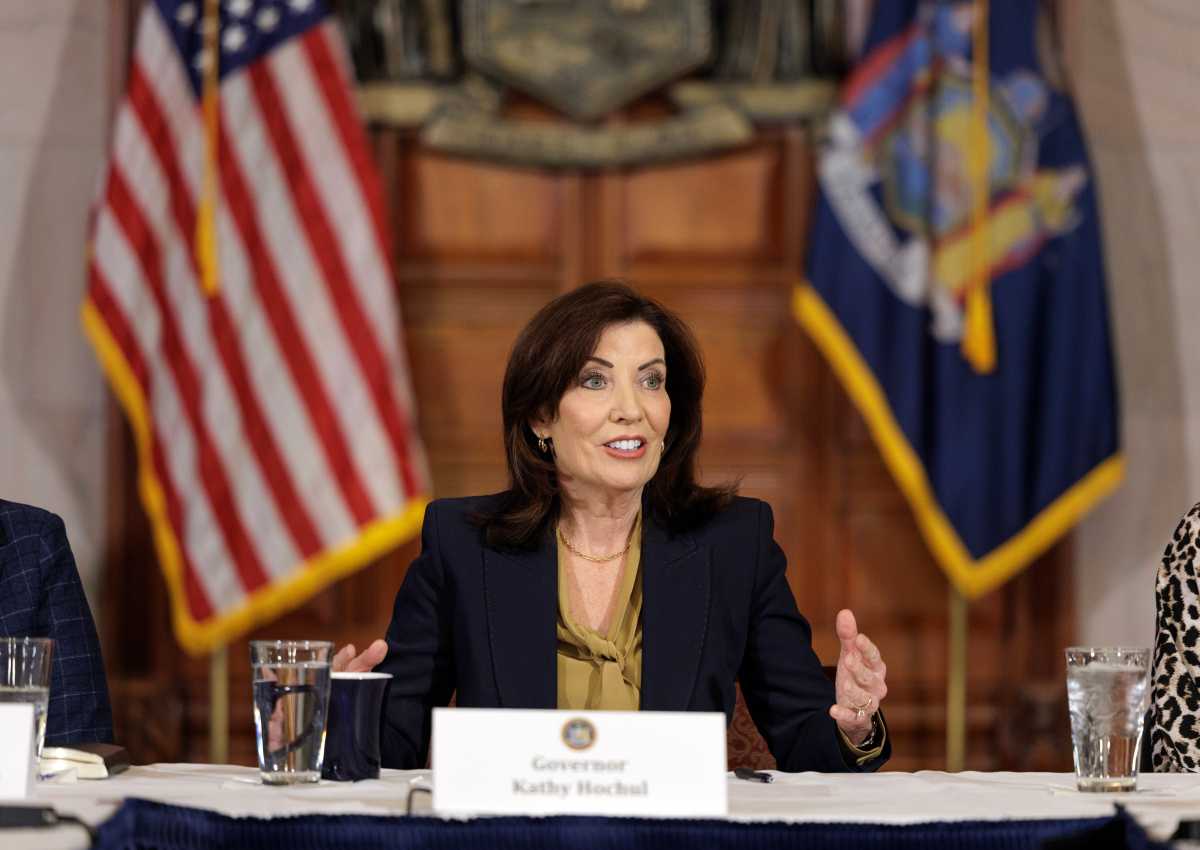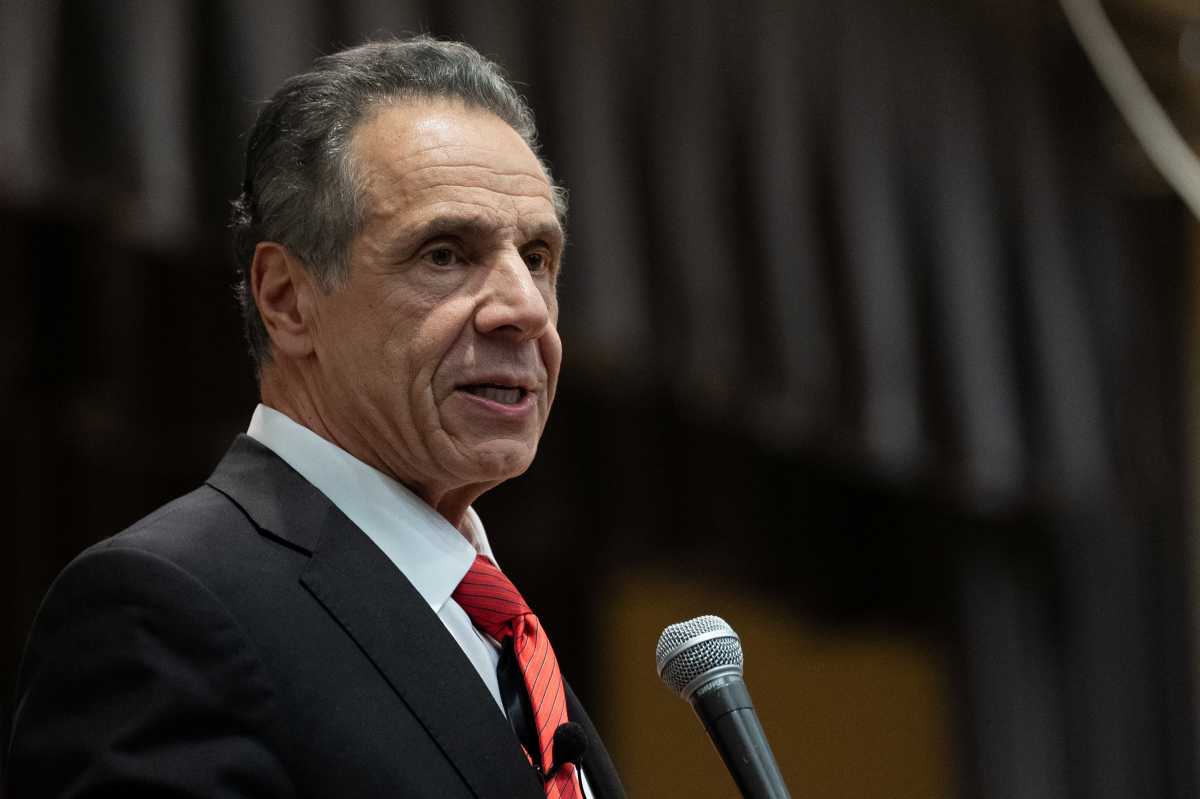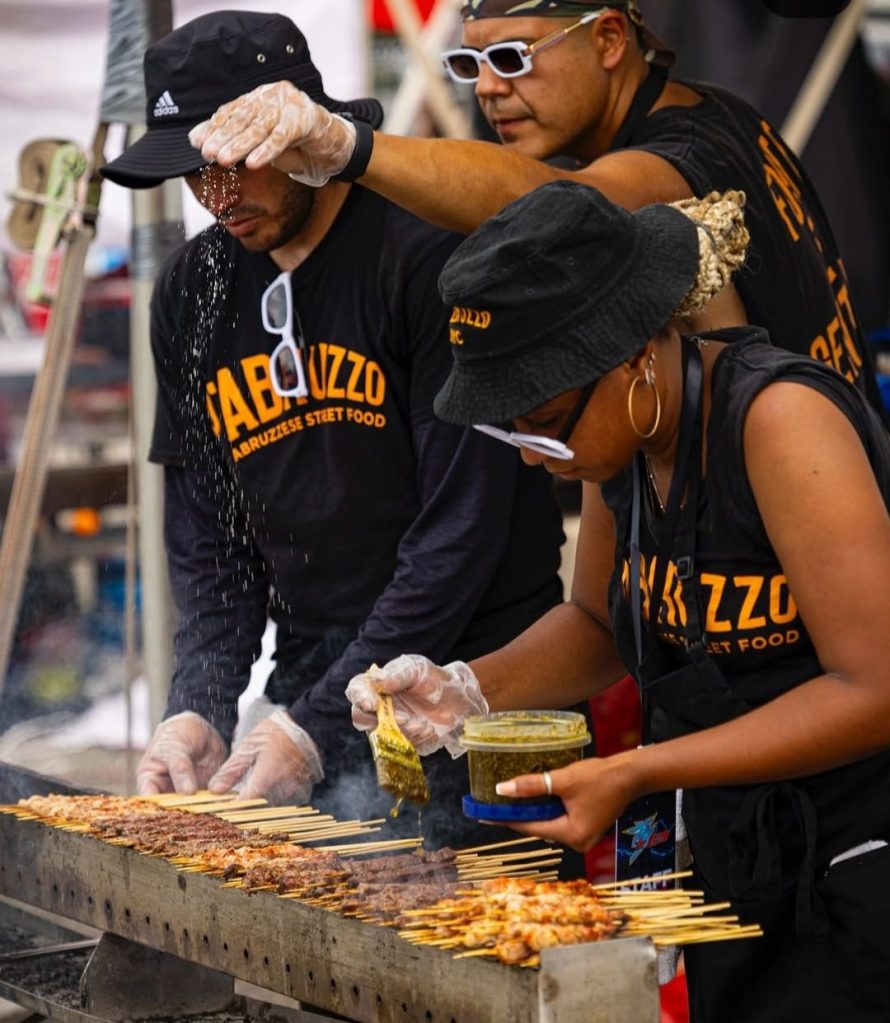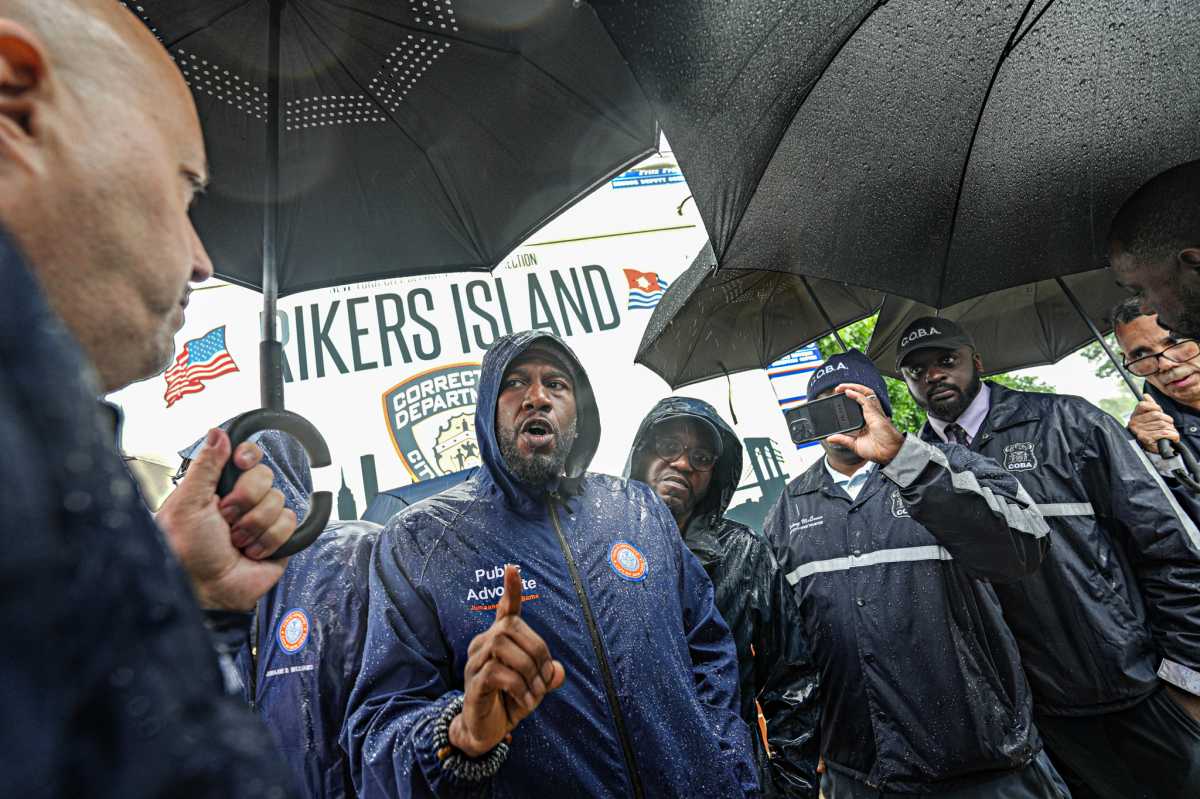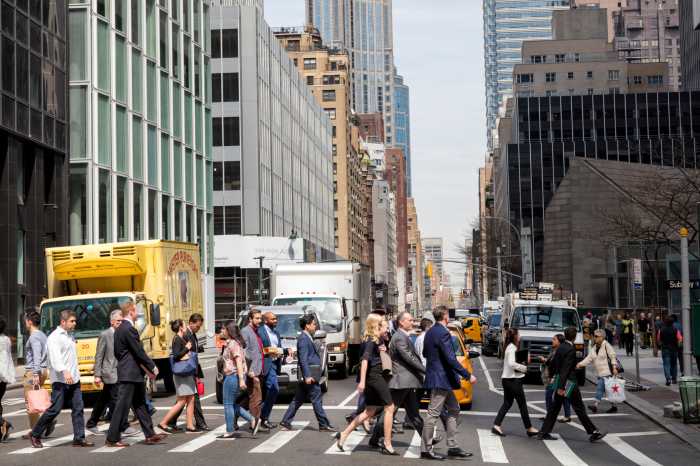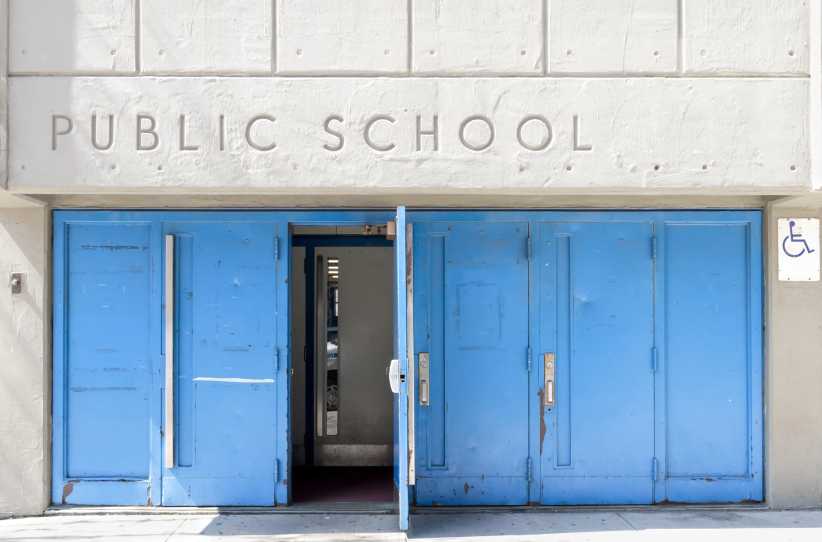Despite the efforts of bowlers who had campaigned to keep Glendale’s Woodhaven Lanes open, the facility closed in May 2008, after nearly a half-century of operation. It marked the end of bowling in the neighborhood.
Woodhaven Lanes opened in 1959 as a state-of-the-art bowling center, featuring 60 shimmering lanes and “telescore” screens which helped bowlers keep track of their performances without relying on pencil and paper. The bowling alley at the corner of Metropolitan Avenue and Woodhaven Boulevard was a smash hit from the start: The Daily News reported that a crowd of 5,000 celebrated its opening at a time when bowling was one of the nation’s most popular pastimes.
Over the years, Woodhaven Lanes became a popular destination for league bowlers, couples on date nights, youth programs and gatherings among friends and family. It even secured a place in television history.
Shortly after opening in 1959, Woodhaven Lanes was the set for the NBC game show “Jackpot Bowling,” hosted by none other than Mel Allen, the famed New York Yankees broadcaster. Jackpot Bowling’s run at Woodhaven Lanes was short-lived, however, filming just 15 episodes before production was relocated to California.
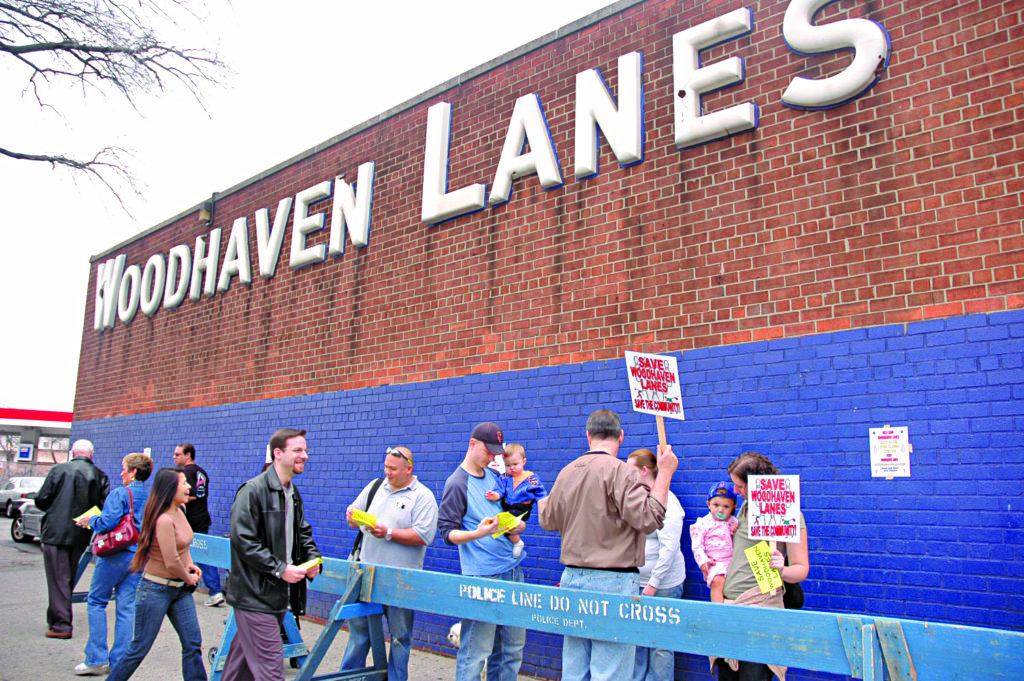
The Brunswick Corporation, the bowling conglomerate which opened Woodhaven Lanes, announced in April 2008 that it would not renew Woodhaven Lanes’ lease. Residents and bowlers protested, hoping against hope that someone would step in, assume control of the bowling alley’s operation and keep the ball rolling. In the end, however, the protests weren’t enough; the final strikes and spares were rolled the following month, and the alley faded into history.
For local bowlers, the closing of Woodhaven Lanes amounted to the finish of a one-two punch. A few weeks earlier, Van Wyck Lanes, located at Metropolitan and Jamaica avenues in Richmond Hill, had abruptly ceased operation.
Unfortunately, for those who enjoy the pastime, the number of bowling facilities has shrunk over the last 20 years largely due to the increasing desirability of the properties as sites for development. In the case of Woodhaven Lanes, the former bowling alley was transformed into Bob’s Discount Furniture store.
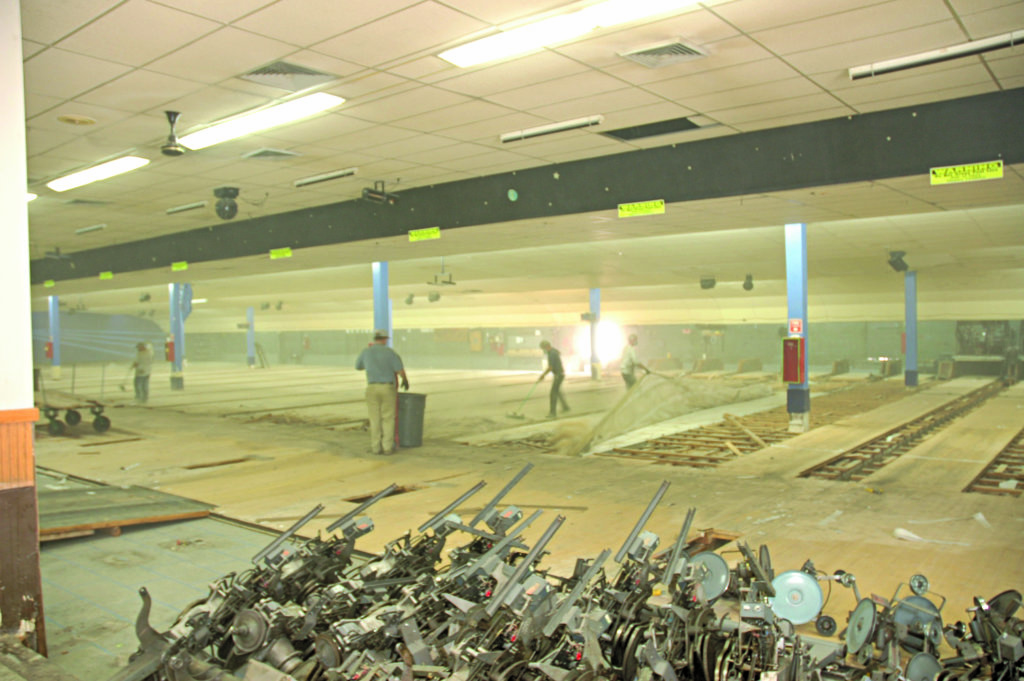
To the best of our knowledge, there are just a handful of bowling alleys still operating in Queens, including Bowlero (formerly 34th Avenue Lanes) in Woodside, Astoria Bowl, The Gutter in Long Island City, Whitestone Lanes, Jib Lanes in Fresh Meadows and Bowl360 (formerly Cozy Bowl and Americana Bowl) in Ozone Park.
Going back many years in the Ridgewood/Glendale area, there was bowling at the Unity Hall building on the south side of Myrtle Avenue, just east of “Old” Fresh Pond Road (now known as Cypress Hills Street). Erected in 1909 by the Unity Democratic Club, the building originally featured four imposing-looking white columns and was equipped with gas and electricity, which was unusual for Glendale in those days.
Alfred Denton, the president of the Unity Democratic Club, was an attorney who was elected a mutual judge for the third district in 1909. He held court on the second floor of Unity Hall.
On the ground floor, there was a saloon. It served Otto Huber’s Goldenrod Beer, which was brewed in Brooklyn at Bushwick Avenue and Meserole Street.
In the basement, there was a gym with lockers and bowling alleys. In 1915, after the saloon had a change in ownership, the new proprietor decided he would build up the business by sponsoring prize fights in the gym in the basement.
On or about 1920, Unity Hall was sold and with Prohibition in effect, it no longer housed a saloon. We do not know exactly when the bowling operation may have ceased in the basement, but on July 27, 1924, the building formerly known as Unity Hall was damaged by a two-alarm fire. It was repaired and still stands today — minus its distinctive white columns.
Another popular bowling alley in Ridgewood, Glenwood Bowl, was located on Myrtle Avenue at Decatur Street. Before its operation as a bowling alley, it was the Glenwood movie theater. Today, it is the site of Ridgewood’s Myrtle Avenue post office.
In addition, a bowling alley was located on the lower level of the Glenwood Manor Building — the former Evergreen Theatre — on Seneca Avenue, just south of Myrtle Avenue, in Ridgewood.
Over the years, we have heard from readers who made mention of the Glendale Bowling Alleys, located further east at 71-48 Myrtle Ave. and originally operated by two brothers, Bill and Herman Jakobs.
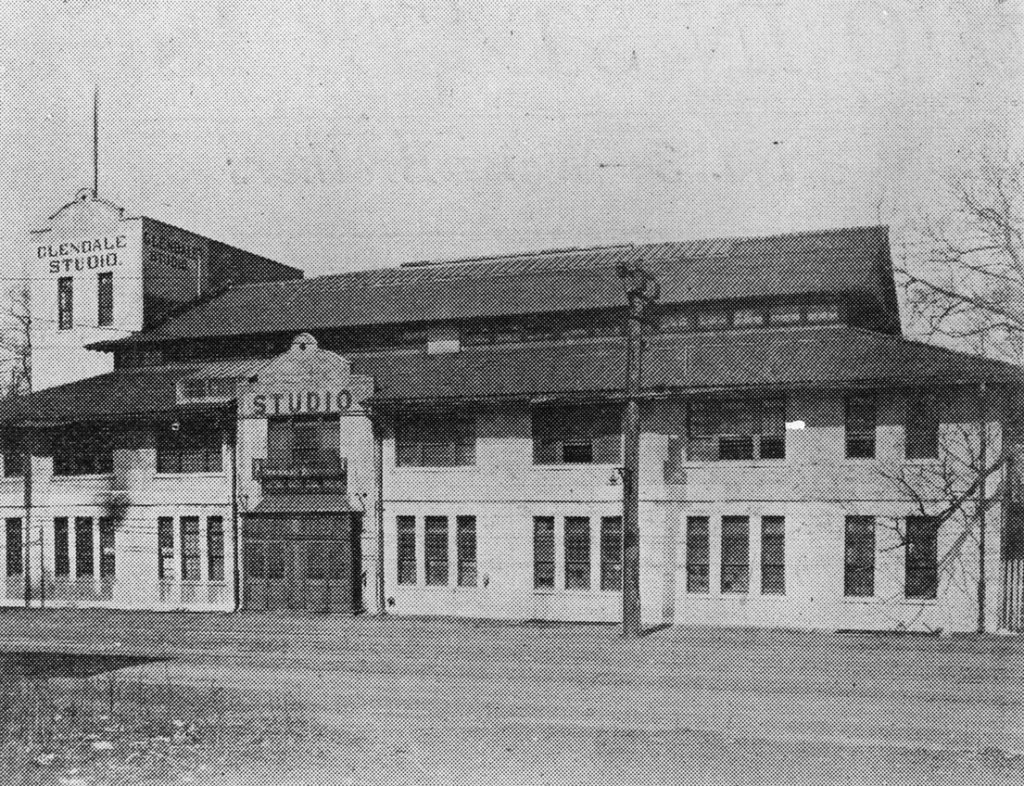
Another Glendale bowling operation existed even further east — Sportland Bowling Alleys, located at 88-43 Myrtle Ave. The owner was Charles Hug. Sportland also had a basketball court where the Original Celtics played an exhibition game.
The Sportland location — on the north side of Myrtle Avenue between what is now 88th Lane and 88th Place — had been a picnic park, William Riebling’s Greater New York Park and Casino, with a dance hall, hotel and picnic grounds.
Later, from 1915 through 1925, it served as the site of a motion picture studio where silent movies were produced. In 1925, the operation moved to California.
During the construction of the Interboro Parkway (now known as the Jackie Robinson Parkway) in the 1930s, Sportland was among the buildings razed.
Sources: the June 26, 2008 Ridgewood Times, The New York Times and the New York Daily News.
* * *
If you have any remembrances or old photographs of “Our Neighborhood: The Way It Was” that you would like to share with our readers, please write to the Old Timer, c/o Ridgewood Times, 38-15 Bell Blvd., Bayside, NY 11361, or send an email to editorial@ridgewoodtimes.com. Any print photographs mailed to us will be carefully returned to you upon request.

